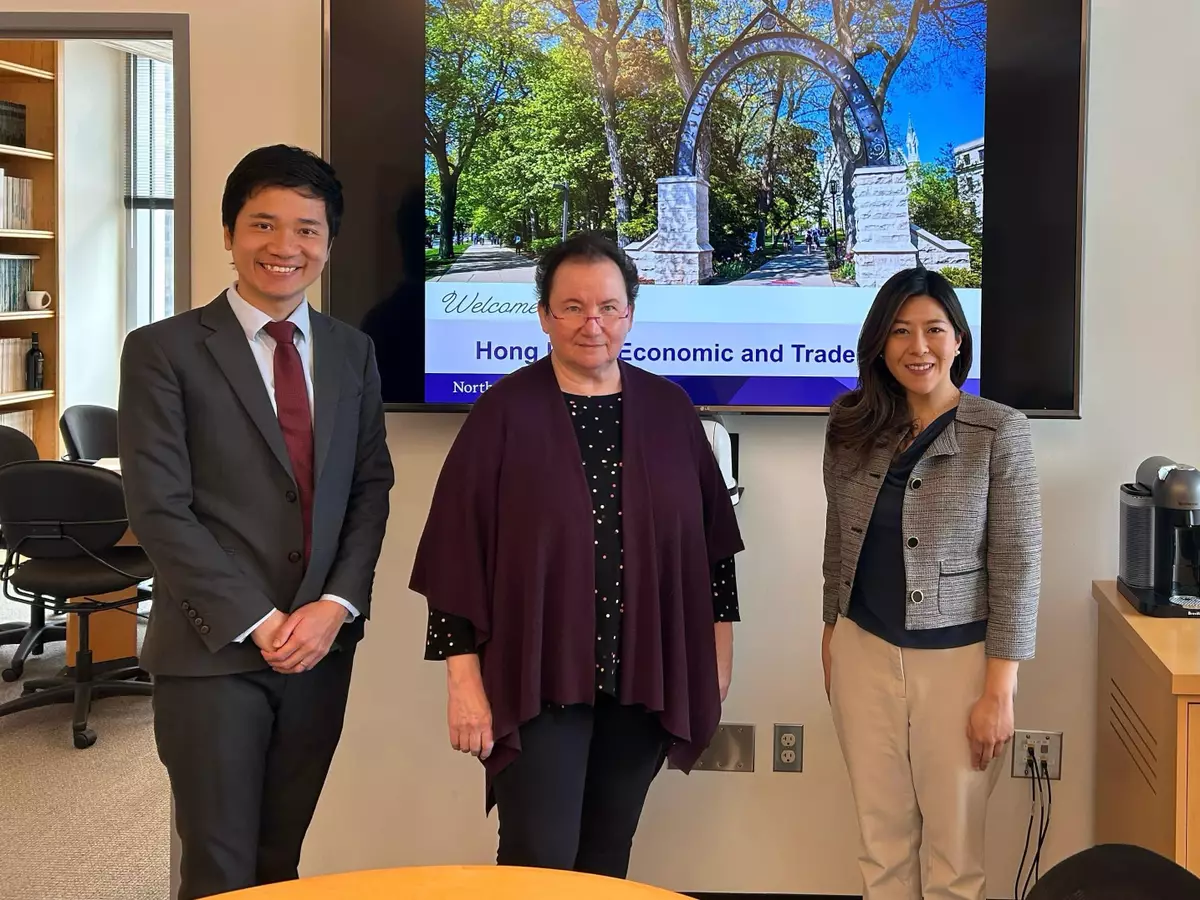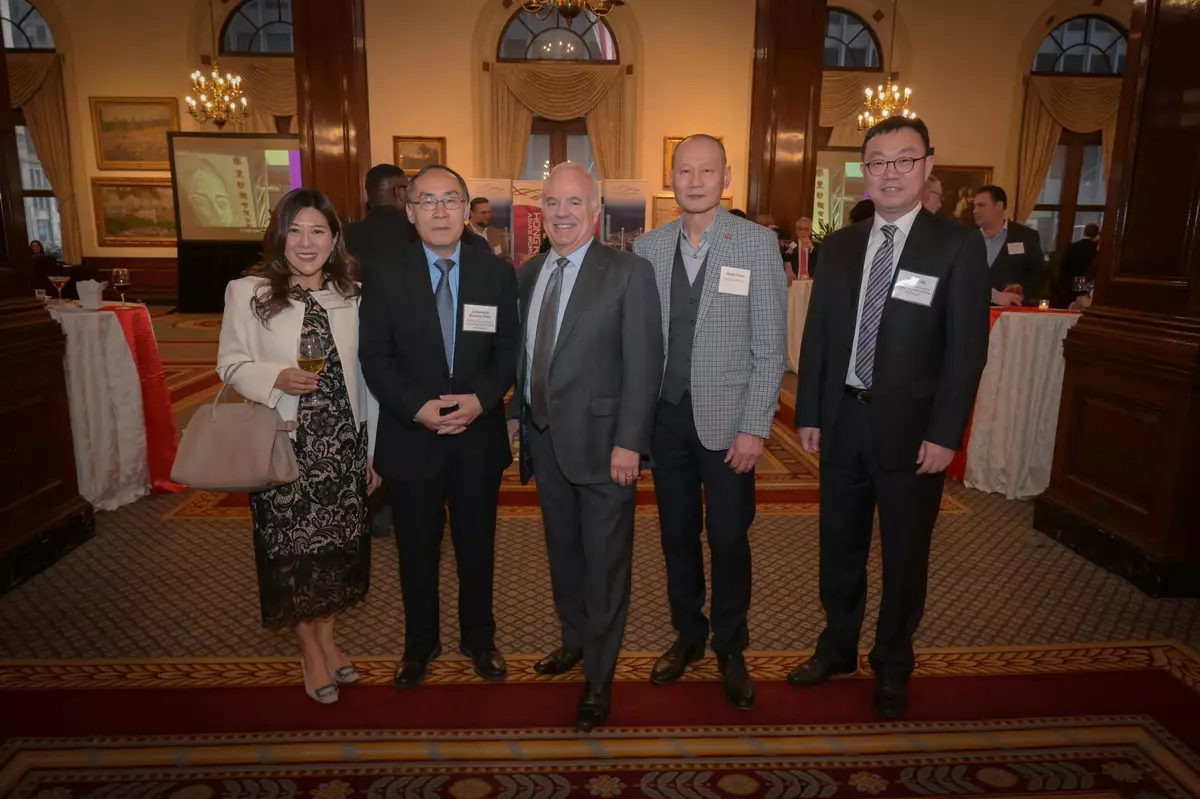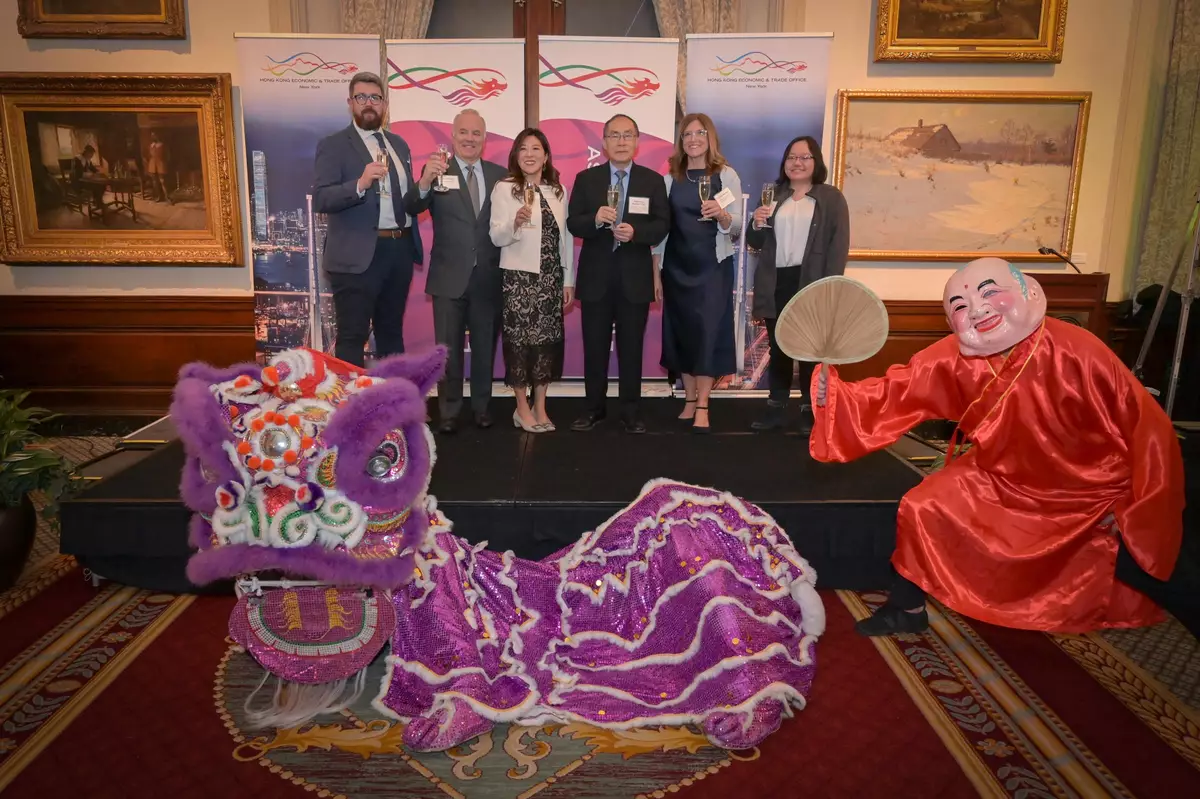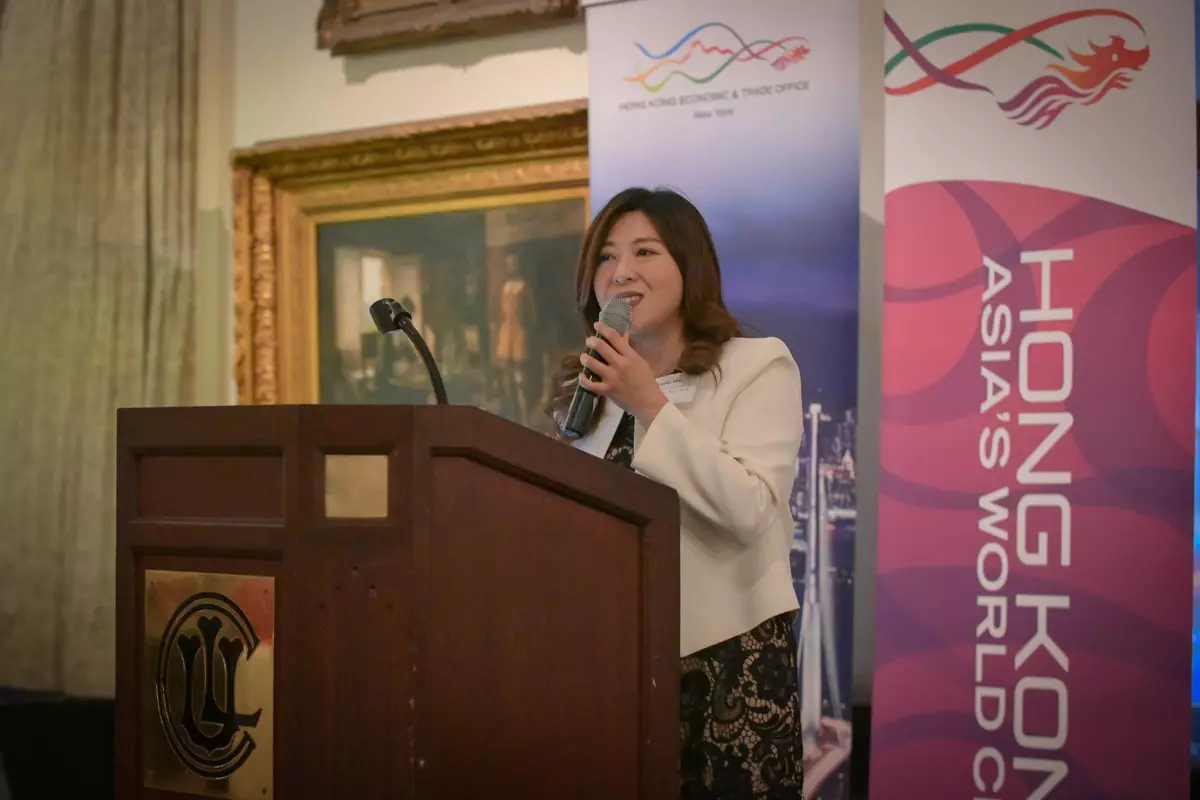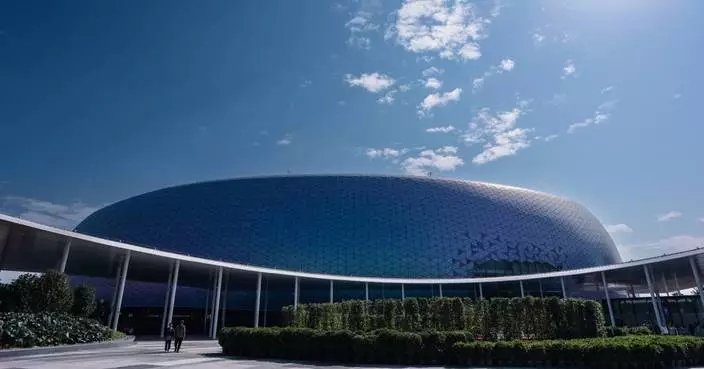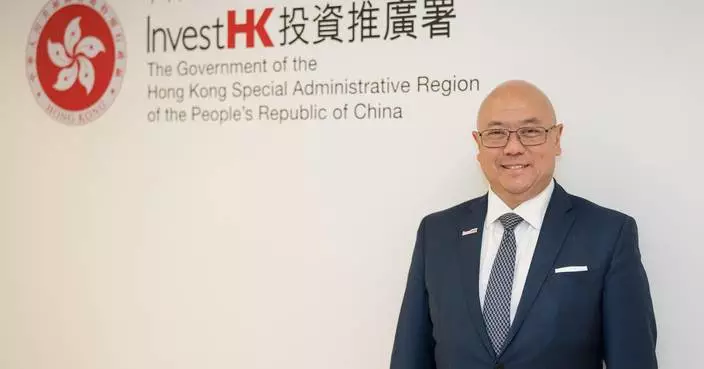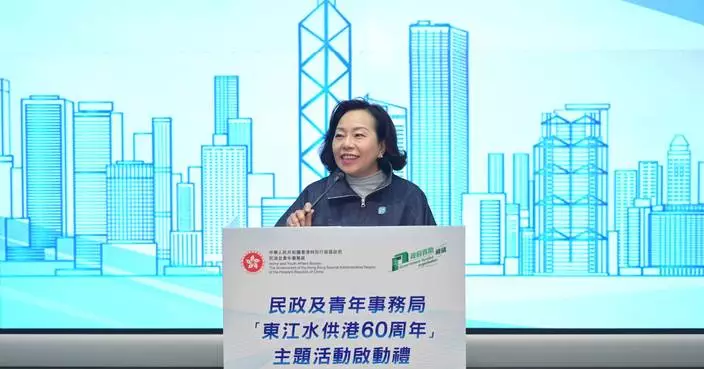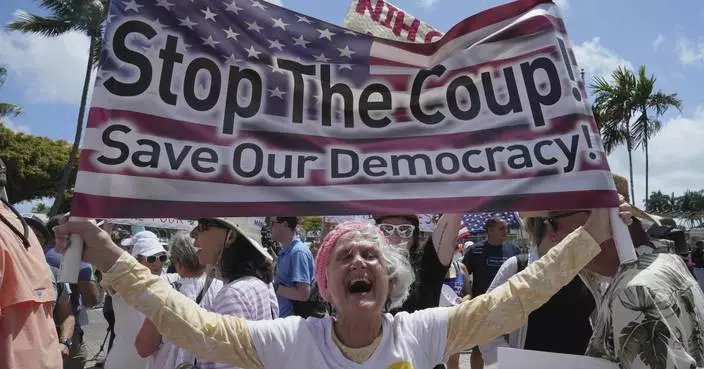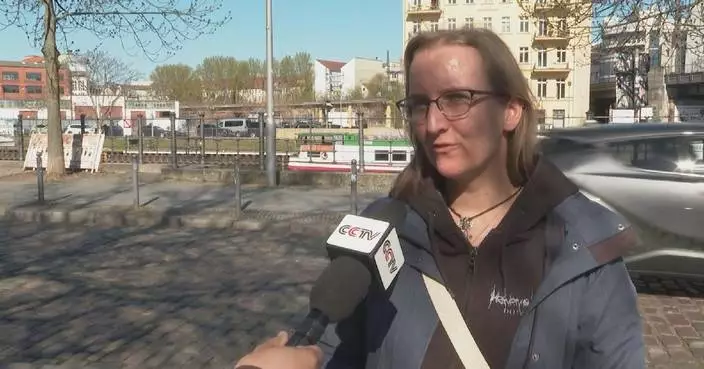Government accelerating green transformation of public transport with new energy vehicles and hydrogen fuel cells for zero vehicular emissions by 2050
Following is a question by the Hon Chan Siu-hung and a written reply by the Secretary for Environment and Ecology, Mr Tse Chin-wan, in the Legislative Council today (June 19):
Question:
The Chief Executive has indicated in the 2023 Policy Address that the Government will promote a green transformation of public land transport and continue to test out more new energy vehicles, including (i) electric public light buses, (ii) electric heavy goods vehicles, (iii) electric coaches, (iv) hydrogen doubleâdeck buses, and (v) hydrogen street washing vehicles, and it is envisaged that in the first half of this year, a citywide green transformation roadmap and timetable for public buses and taxis will be formulated, with a view to achieving zero vehicular emissions by 2050. In this connection, will the Government inform this Council:
(1) of the respective latest numbers of new energy public transport vehicles mentioned in (i) to (v) above, together with the respective proportions of those numbers in the respective total numbers of those transport vehicle classes; the respective latest progress of promoting green transformation of new energy public transport vehicles mentioned in (i) to (v) above;
(2) whether it has assessed the operating performance of and challenges faced by new energy public transport vehicles mentioned in (i) to (v) above as they "hit the road", together with the countermeasures in place to address those challenges;
(3) whether it will expeditiously take forward the construction of comprehensive energy service stations in Hong Kong that offer "oil, gas, hydrogen, electricity and other services" under one roof (i.e. providing petrol refuelling, gas refilling, hydrogen refuelling, charging and facilitating service facilities), so as to promote the green transformation of public transport;
(4) whether it will consider advocating the policy direction for commercial vehicles to switch to hydrogen fuel cell vehicles; if so, of the details; if not, the reasons for that; and
(5) whether the Government Logistics Department has, in the term contracts for arranging the hiring of commercial vehicles, drawn up provisions to give priority to the use of new energy vehicles, so as to promote the green transformation of the transport industry; if so, of the details; if not, the reasons for that?
Reply:
President,
In consultation with the Transport Department and the Government Logistics Department,my reply to the question raised by the Hon Chan is as follows:
(1) and (2) As at the end of May 2024, the numbers of new energy light buses, buses, heavy goods vehicles and special purpose vehicles registered in Hong Kong and these numbers as a percentage of the total number of the vehicles of the same type are tabulated below:
ã
No. of registered new energy vehicles (including electric vehicles and hydrogen fuel cell vehicles)
Total no. of
registered
vehicles
Percentage of registered new energy vehicles out of the total no. of vehicles of the same type
Light Buses
9
7 768
0.12%
Buses
120
13 947
0.86%
Heavy Goods Vehicles
3
7 929
0.04%
Special Purpose Vehicles
124
2 252
5.51%
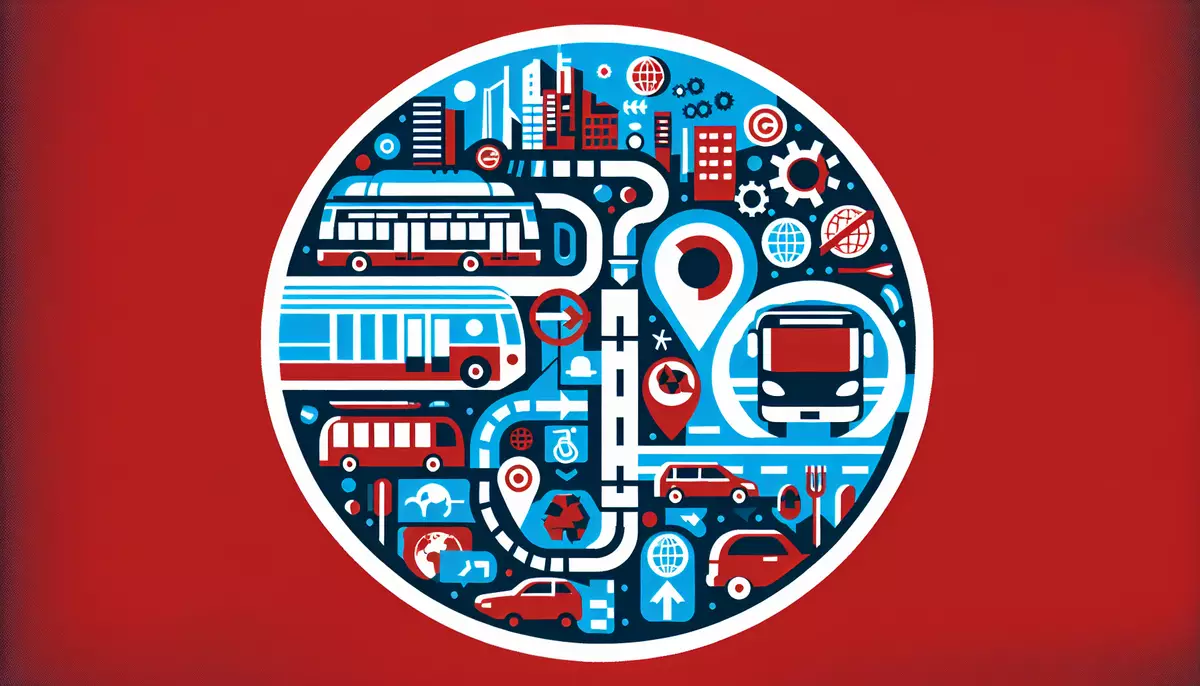
Note: Registered vehicles are classified according to Schedule 1 of the Road Traffic Ordinance (Cap. 374). The prevailing ordinance does not have a separate vehicle class for coaches and street washing vehicles. Government vehicles are not included in the figures as government vehicles need no registration.
The Government has been introducing trial projects on new energy commercial vehicles through the New Energy Transport (NET) Fund. As at the end of May 2024, the NET Fund has approved a number of trial projects involving over 300 electric commercial vehicles (e-CVs). Generally speaking, the trial results of most of the e-CVs were found to be smooth in operation. For coaches and medium and heavy goods vehicles, the major challenge is that although the prices of the relevant electric vehicles (EVs) started to show a declining trend in recent years, the current selling price could still be more than three times higher than that of diesel vehicles. We are actively encouraging vehicle suppliers to introduce more commercial vehicle models suitable for use in Hong Kong for promoting a healthy market competition, such that the trade can have more choices. On the other hand, we also need to provide suitable supporting facilities. We are actively establishing a quick charge network to meet the charging needs of EVs.
Regarding electric public light buses, the Government launched a pilot scheme and subsidised two operators to purchase electric public light buses to participate in the trial. The relevant trial has commenced since late March 2024. The Environmental Protection Department will collect 12-month operation data for further analysis and evaluation of their performance. The Government is currently reviewing the detailed arrangements of the first round of the pilot scheme and considering optimising the relevant pilot scheme with reference to the feedback from operators so as to encourage more operators to participate. Details of the second round pilot scheme will be announced in due course.
To support the development of hydrogen energy in Hong Kong, the Government set up an Inter-departmental Working Group on Using Hydrogen as Fuel (the Working Group) in 2022 to co-ordinate preparatory work of various bureaux and departments for using hydrogen as fuel locally, as well as to promote the local application of hydrogen energy through trial projects. As at May 2024, trial has been started in the case of three projects, including the Citybus Limited's first hydrogen fuel cell (HFC) double-deck bus and its hydrogen refuelling facility. The HFC double-deck bus has started the passenger service officially since February 2024 for phased trial operation in three Kowloon urban routes, namely 20, 22M and 20A. Separately, three HFC street washing vehicles from the Food and Environmental Hygiene Department have also arrived in Hong Kong successively and are currently undergoing statutory vehicle inspection procedures, with trials expected to commence later this year. The Working Group would follow up on the trial projects of the HFC double-deck bus and the hydrogen street washing vehicles. With the operational data and experience collected from the trial projects, the Working Group will evaluate the operational performance of these HFC heavy vehicles in comparison with the traditional fuel-propelled vehicles to help formulate relevant safe operation framework for the adoption of hydrogen fuel locally in the long run. Besides, the Government has earmarked funding under the NET Fund for subsidising trial projects on the procurement of HFC heavy vehicles, which are expected to start accepting applications within this financial year.
(3) and (4) Having the highly energy-efficient and less polluting features, hydrogen can be used as a fuel for transportation equipment. In this regard, compared to pure EVs, the number, volume and loading of the batteries required for HFC vehicles are smaller. It can at the same time help reduce the demand for handling retired EV batteries in the future. Hence, hydrogen energy has a wider scope of application in heavy transportation vehicles. On the other hand, the current supply and market price of low-carbon hydrogen energy have posed a number of challenges to promoting the application of HFC vehicles. Furthermore, technologies relevant to HFC vehicles are still under trials or at an early stage of development. Overall speaking, the scale and speed of the future development of hydrogen energy transportation will still depend on whether they are more cost-effective than other green and low-carbon technologies. Hence, we consider that it is still the time now to first wait for the trial results and the market development before deciding on whether it is suitable for commercial vehicles to switch to HFC vehicles on a large scale.
In respect of promoting EVs, the focus of the Government's work at the current stage is to first support the rapid growth in the number of EVs, including offering suitable incentives to petrol filling station (PFS) operators to encourage them to retrofit EV charging facilities in the usable space of PFSs, so as to make effective use of about 180 PFSs throughout the territory to provide charging services. Moreover, the Government is also promoting the gradual conversion of some of the existing PFSs to quick charging stations.
That said, hydrogen fuel is still a type of new energy with potential. Sinopec (Hong Kong) Limited is building the first public hydrogen refuelling station in Hong Kong in Yuen Long, Au Tau. The project is expected to commence trial operation within this year. In the medium term, we aim to establish hydrogen refuelling infrastructure facilities in the Hong Kong Island, Kowloon and the New Territories by 2027 or earlier, in order to support demonstration projects or trials on hydrogen energy transportation in more sectors. In the long term, we will study the feasibility of setting up integrated energy services stations in suitable locations. In this regard, we have initially earmarked spaces in new strategic development areas, such as the Northern Metropolis, for the establishment of integrated energy services stations.
(5) Currently the supply of new energy commercial vehicles available for hiring in the market is very limited. To encourage vehicle hiring service providers to use new energy vehicles in providing services to the Government, the Government Logistics Department has specified in the marking scheme of the relevant tender documents that additional marks will be given for using EVs or hybrid vehicles in providing the required services.

Source: AI-generated images



